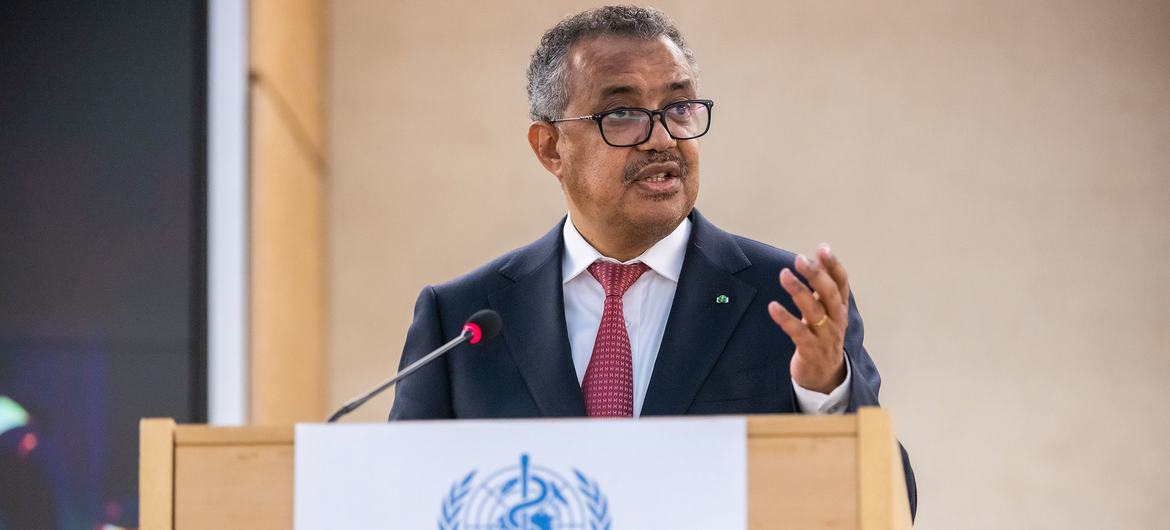The World Health Organization (WHO) has declared the recent international outbreak of Monkeypox a public health emergency of international concern. This classification, announced by the WHO’s director general Tedros Adhanom Ghebreyesus during a press conference on Saturday, 23 June, is the highest alert the United Nations agency can assign.
“We have an outbreak that has spread around the world rapidly, through new modes of transmission, about which we understand too little, and which meets the criteria in the International Health Regulations,” Ghebreyesus stated.
This informed the decision to recognize the danger of the fast spreading disease, despite the failure of the committee to reach a consensus on their advice regarding the issue.
Ghebreyesus elaborated that infection risk remains moderate around the globe, except for the European region, where the WHO’s assessment of Monkeypox’s risk is high.
Monkeypox’s new status adds it to the same league as coronavirus, which remains a health emergency alongside the efforts of eradicating a resurgence of polio.
This new assessment is followed by temporary recommendations to states issued regarding public health, infection prevention and management and travel. With an assurance of low risk to international traffic, the WHO “advises against any additional general or targeted international travel-related measures.”
The virus has already been identified and reported in 75 countries since May 2022, 65 of which are where monkeypox is not considered to be endemic, including European and North American countries. Confirmed and reported cases are approximated to exceed 16 thousand. Five of these cases have resulted in fatalities.
Transmitted primarily through close physical contact with an infected individual, their contaminated material, or by the exchange of bodily fluids, those identified to be at a high risk of infection have been primarily men who have sex with men or who have multiple sexual partners, although it is not exclusive to these groups. The WHO has stressed the importance of defying stigma and discrimination, which might be similar to that faced during the AIDS crisis.
Egyptian Acting Health and Population Minister Khaled Abdel Ghaffar articulated in last May that no cases of the Monkeypox virus have been reported in Egypt so far. Nevertheless, Egypt might face serious repercussions should travel restrictions be implemented, as such measures may affect tourism from across Europe.
Common symptoms of Monkeypox, according to WHO’s website, include fever, rash and swollen lymph nodes. The smallpox vaccination, however, is typically effective in deterring Monkeypox infection, with a percentage of 85 percent.






Comments (2)
[…] July, the World Health Organization declared the recent international outbreak of Monkeypox a public health emergency of international […]
[…] […]